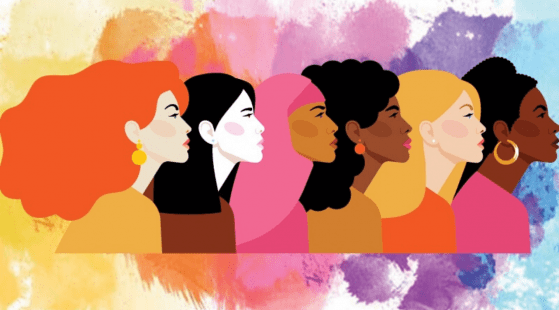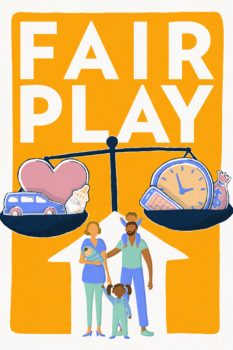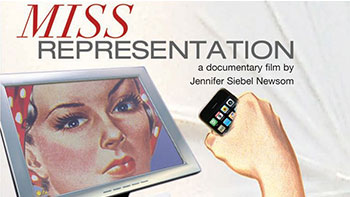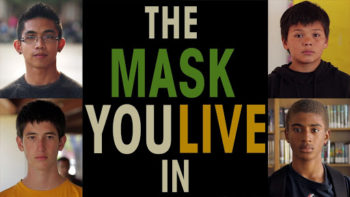On Tuesday June 2nd, a wave of black squares flooded Instagram. Celebrities, corporations, friends, family—it seemed like everyone was taking part in #BlackOutTuesday to express solidarity for the Black Lives Matter movement. People were so on board with #BlackLivesMatter that they even used that hashtag, effectively spamming it with empty black squares and drowning out posts that had vital information for protestors. Not only was this dangerous, but the black squares were also criticized by many as performative activism. Black Out Tuesday was soon deemed counterproductive. But the two Black women who started it had different intentions—intentions that became co-opted by the masses. Black Out Tuesday is just another case of the silencing of Black women’s voices.
The idea behind Black Out Tuesday came from Jamila Thomas and Brianna Agyemang, two Black women in the music industry. Their hashtag #TheShowMustBePaused was meant to hold the multi-billion-dollar music industry accountable, as it “has predominantly profited from Black art” (The Show Must Be Paused). The movement’s goal was to have “a day to take a beat for an honest, reflective and productive conversation about what actions we need to collectively take to support the Black community” (Instagram). However, the more their campaign spread on social media, the more the message got muddled, and soon after millions were sharing a blank square with a different hashtag.
This certainly isn’t the first time a movement has been hijacked from women of color and rebranded for the masses. In 2006, #MeToo was started by Black activist Tarana Burke. Having decades of experience as a social worker, Burke started #MeToo with the intention of “[aiding] underprivileged women of color affected by sexual abuse”, since their communities are less likely to have sexual assault workers readily available—so they are often left out of the conversation on sexual abuse (AJC). #MeToo gained global attention in 2017 when actress Alyssa Milano asked survivors to share the phrase. Burke has since warned that #MeToo is ignoring poor women of color who experience sexual violence—the very voices her movement intended to amplify.
Too often, the work of Black women and women of color—work that usually stems from deeply personal battles yet sacrificed to the public in order to gain justice—is co-opted. Too often, women of color are overlooked, and their voices silenced. Alishia McCullough, co-founder of another social media campaign called #AmplifyMelanatedVoices, wrote in an Instagram post, “The social justice movement on social media is just another movement that has become white washed and appropriated.” She continued: “Look at your favorite white social media content creators, they most likely have thousands/millions of followers… Meanwhile pages of black and brown people are being policed, reported, and targeted by trolls while their work is stolen and repackaged by these top names on social media.”
Last week, the social media campaign #ShareTheMicNow launched to address these wrongdoings and to center Black women’s voices and experiences. The campaign has Black women taking over the platforms of white women with massive followings, ranging from Gwyneth Paltrow to Elizabeth Warren. The mission statement is: “When the world listens to women, it listens to white women. For far too long, Black women’s voices have gone unheard, even though they’ve been using their voices loudly for centuries to enact change. Today, more than ever, it is NECESSARY that we create a unifying action to center Black women’s lives, stories, and calls to action. We need to listen to Black women.”
Take Action! #ShareTheMicNow took place last week, but its mission statement will continue to remain relevant and essential. We should always be listening to and amplifying the voices of Black women and women of color, and we should continue to actively educate ourselves on Black women’s activism.




